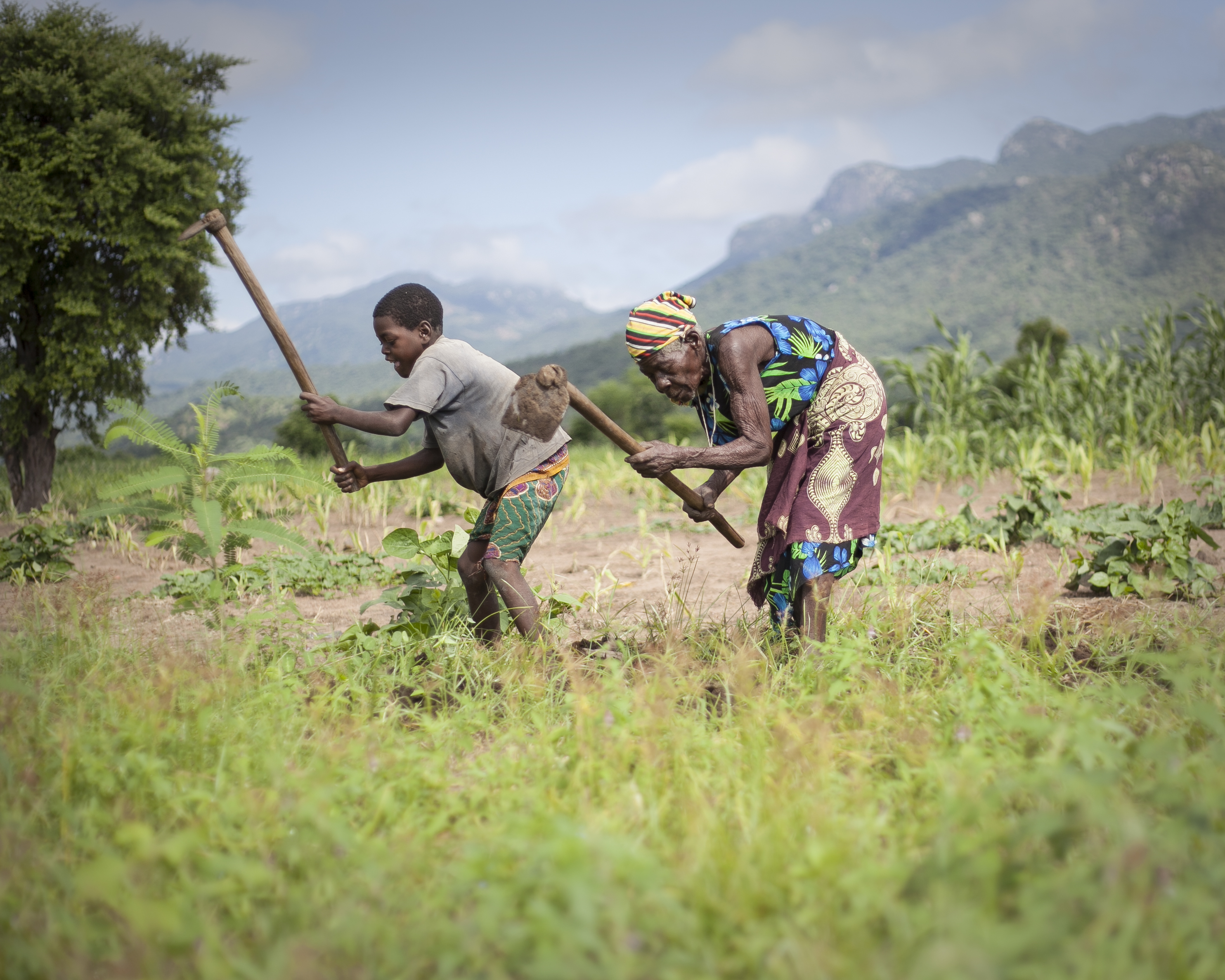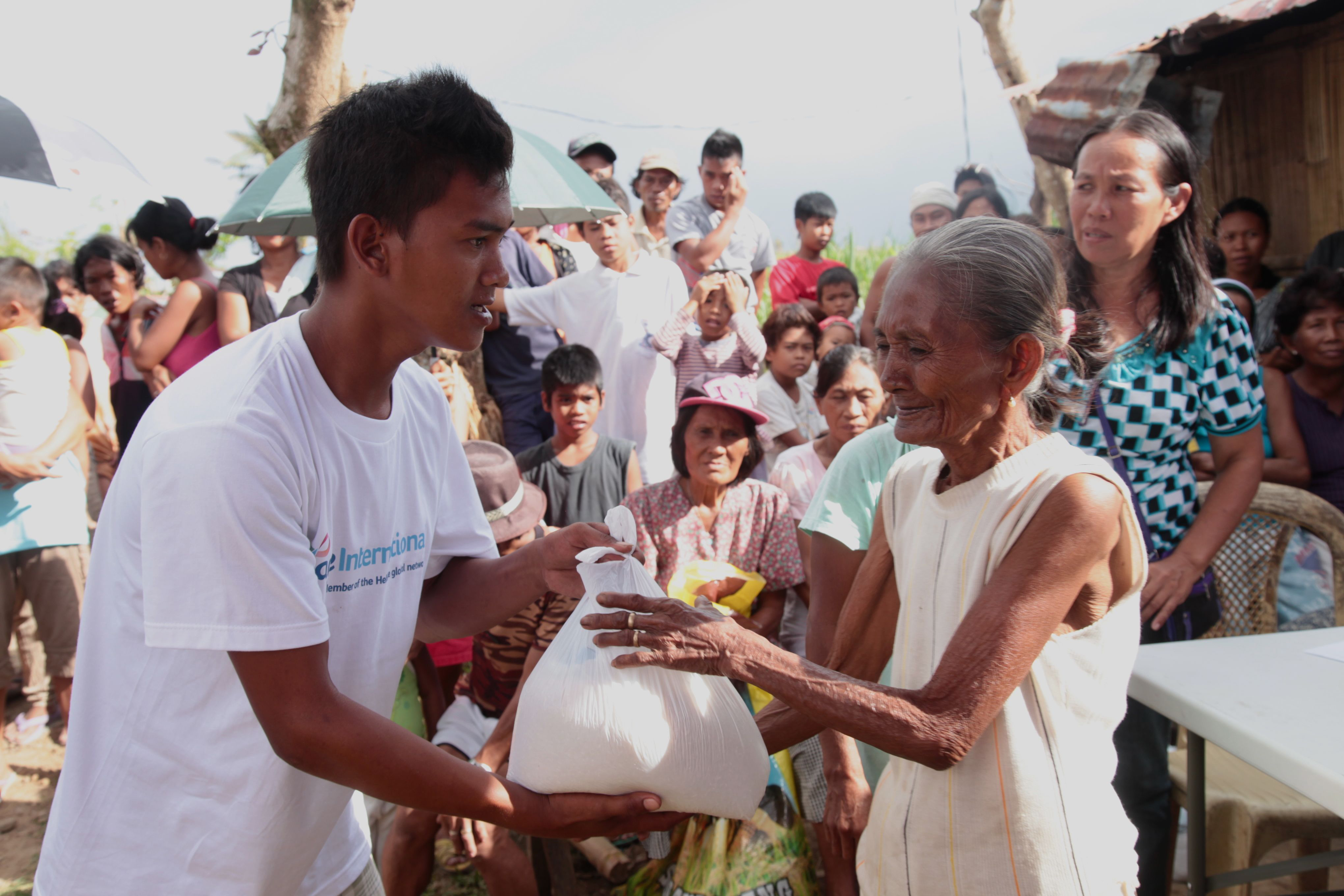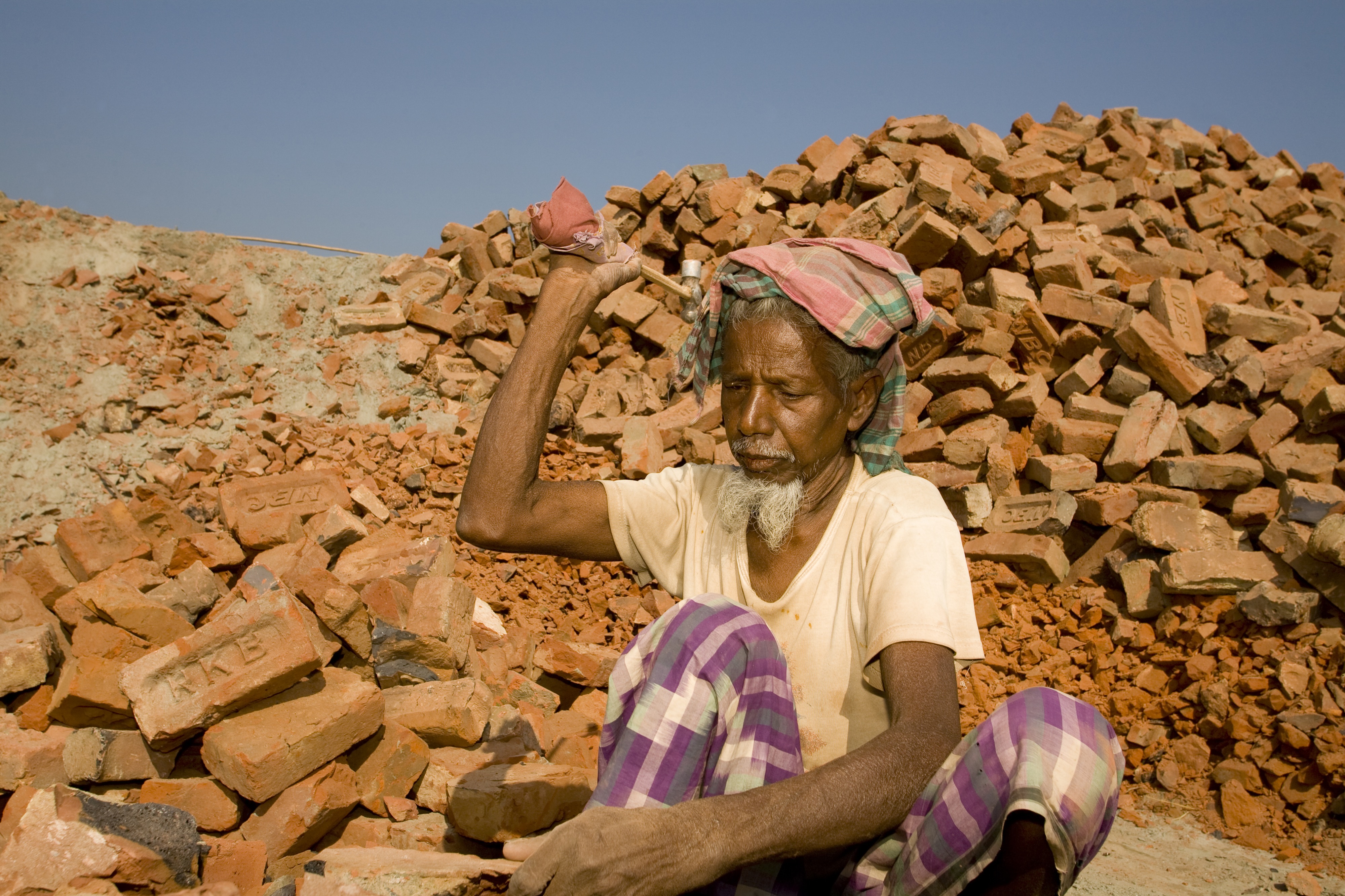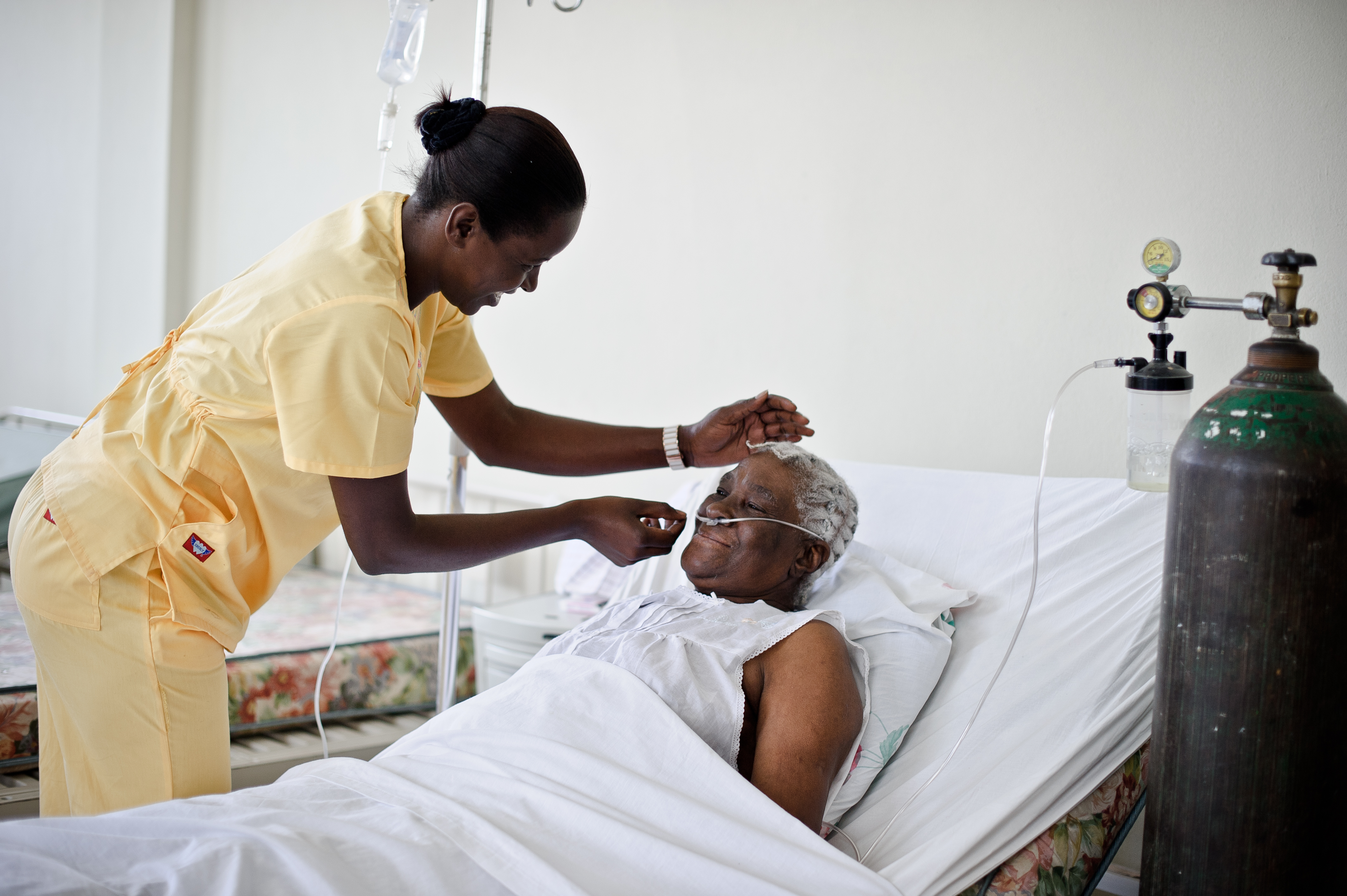
0.7% spending on international aid is necessary in the context of the enormous changes that are taking place globally – especially global population ageing.
The UK Government’s Department for International Development (DFID) is committed to spending 0.7% of gross national income on international aid – a commitment which has been challenged by certain sectors of the UK media.
Economic uncertainty, climate change, increasing risk of humanitarian disasters, globalised health risks and on-going conflict in many parts of the world require a strong response from governments like the UK.
In addition, the success story of increasing longevity means that all of this is happening against the backdrop of global population ageing.
As a country we must face up to the fact that the world’s population is ageing. 0.7% gives the UK Government the political and financial platform to be one of the few international donors to recognise the importance of addressing the rights and needs of older women and men.
Key facts:
- Globally, the number of persons aged 60 and above is expected to more than double by 2050 and more than triple by 2100, increasing from 901 million in 2015 to 2.1 billion in 2050 and 3.2 billion in 2100
- 62% of people over 60 live in developing countries today; by 2050, this number will have risen to 80%
- By 2050, it is predicted that there will be more people aged 60 and over than children under the age of 15
- 26 million older people are affected by natural disasters every year
Protecting older people from disasters and conflict

Older woman given an age-friendly aid package by Age International after the Philippines Typhoon
- Older women and men are among the most vulnerable in the event of environmental disasters, climate change and conflict.
- 26 million older people are affected by natural disasters every year.
- Emergency relief rarely reflects the needs of older people. Older people often have valuable experience of preparing for natural disasters.
Working with Age International and the Disasters Emergency Committee (DEC), the UK Government provides age-friendly emergency relief following natural disasters and conflict in a range of countries, including: Syrian refugees in Jordan; those affected by the conflict in Ukraine; earthquake survivors in Nepal. It also supports disaster and emergency preparedness programmes in Kenya and Pakistan.
Empowering older people economically

An 80-year-old man breaks bricks to survive, in Bangladesh
- Most poor people in developing countries work far into later life because they lack basic social protection.
- 80% of older women and men in developing countries have no regular income, which increases their vulnerability to abuse.
- Older women and men are often excluded from micro-credit schemes and livelihood recovery programmes which could enable them to remain self-sufficient.
- Fewer than 25% of older people in developing countries receive any form of state pension.
The UK Government is supportive of using social protection as a means of improving livelihoods and tackling poverty. The Government’s Leave No One Behind commitment specifically includes older people as a group that needs to be taken into account. The Hunger Safety Net Programme supported by UK Aid in Kenya ensures that 300,000 of the poorest people in northern Kenya can feed themselves and their families by providing unconditional cash transfers.
Meeting people of all ages’ health needs

An older woman receives treatment, in a hospital in Haiti.
- In developing countries access to age-friendly health care is limited or non-existent.
- Longer life expectancy is a triumph of development but it has also led to an increase in chronic illnesses and non-communicable diseases (NCDs): in most developing countries more people are dying from NCDs, such as heart disease and cancers, than from communicable diseases.
- Longer life expectancy has meant higher rates of disability. One billion people worldwide live with disability – 80% of these live in developing countries and this number will only increase as the world’s population ages. Ageing greatly increases the likelihood of a person living with a disability.
- Global health challenges as a result of ageing need to be tackled – nearly two thirds of the 44.4 million who live with dementia live in low or middle income countries.
UK Aid support for Age International’s Better Health programme provides healthcare and home-care to nearly 400,000 older people in 4 African countries (Ethiopia, Mozambique, Tanzania and Zimbabwe).
Conclusion
Older women and men are a crucial part of local communities and economies. They support themselves and their families although their work and care contributions are rarely recognised. Lack of data about older women and men is hindering international aid efforts and DFID is championing the need for better disaggregated data by age and gender.
UK Aid spending and the commitment to 0.7% helps create a more inclusive, sustainable and secure world for all people regardless of their age. Prosperity and wellbeing in the UK and globally require the leadership that the UK’s commitment to 0.7% brings.
For further information contact:
William Woodward, Parliamentary Officer, Age International
will.woodward@ageinternational.org.uk
t +44 (0)20 303 31631
